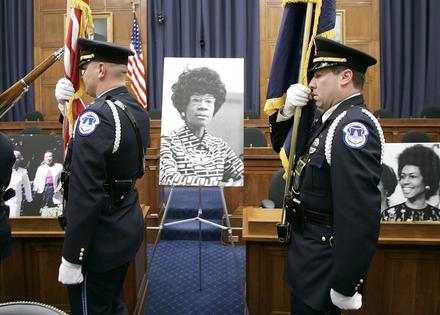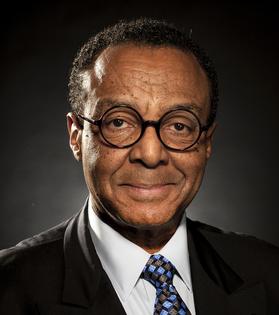Let’s not make race and culture too hot for our teachers to handle
Talking about race, I have long observed, is like talking about sex: We know it’s important, we like to think we know all about it, and yet we’re reluctant to talk about it in mixed company or in front of the children.
So, for much of that challenging educational task, we turn — where else? — to teachers, for whom the challenging task of educating our offspring on the touchy topic is not made any easier by today’s superheated culture wars, even during Black History Month.
For example, a public charter school in Utah, which only has three Black students, made national headlines this month by allowing parents to opt out of the school’s Black History Month curriculum — and several parents did.
Sad! What could give parents pause about this annual observance of the contributions and heroic achievements made by African Americans to this great nation’s history?
Fortunately, the school reversed its policy, director Micah Hirokawa announced in a Facebook post Sunday. Families who had questions had resolved their concerns, he said, none were opting out and the option has been removed.
Hirokawa declined to tell reporters what questions or concerns the parents had or how many had them. But the controversy echoes disputes elsewhere in the nation between traditionalists and the “woke” in the nation’s recent wave of racial reckoning.
In Illinois, the Utah school’s problem looks like a minor dust-up compared with a proposed rule that a joint legislative committee is scheduled to decide soon. The proposed Culturally Responsive Teaching and Leading Standards would mandate all of the state’s public schoolteachers to “embrace and encourage inclusive viewpoints and perspectives.”
“Inclusive” in itself is a revision from the original language, which called for “progressive” viewpoints, a word that triggered conservatives to charge that the document would compel teachers to promote not just education but leftist political “indoctrination” by another name.
State Superintendent of Education Carmen Ayala insisted in a news conference last week that “Progressive meant making progress, but not in a political context.”
She also explained, contrary to the critics, that another controversial line that calls on “culturally responsive teachers” to “support and create opportunities for student advocacy” means teachers should help students find ways to be active participants of their communities, not that they “need to go to protests.”
Nice try, but the proposal has an upstream swim against a tide of national pushback by conservatives against what they see as a promotion of lefty values in classrooms.
The feared tomorrow for conservatives in Illinois and elsewhere can be seen today in Cupertino, Calif., according to various news reports. At least one class of third graders, for example, was compelled to deconstruct their racial identities and rank themselves according to their “power and privilege.”
Third grade does sound a bit young to explore anything more complex than, say, the “white” and “colored” signs of desegregation that Martin Luther King Jr. successfully campaigned against. But what age is old enough? Those are the sorts of questions that are resolved, once we stop yelling at one another, through earnest efforts to break down the barriers of understanding between us.
Racism is not over, and diversity is not as simple as black and white. Race has been joined by issues of ethnic, religious and gender rights, to name a few other major divides — and let us not forget class among the differences that cause us to overlook or shortchange the many other qualities that we share in common.
Closing these divisions is more than a feel-good issue. Illinois, for example, is suffering severe shortages of teachers, particularly teachers of color. Diversity education can help students of all colors to be more motivated and, one hopes, reduce dropout rates. But the remedies cannot become so complicated that they become an unnecessary burden on good teachers and principals, whether during Black History Month or any other month.
========
(E-mail Clarence Page at cpage@chicagotribune.com.)
©2021 Clarence Page. Distributed by Tribune Content Agency, LLC.
(c) 2021 CLARENCE PAGE DISTRIBUTED BY TRIBUNE MEDIA SERVICES, INC.










